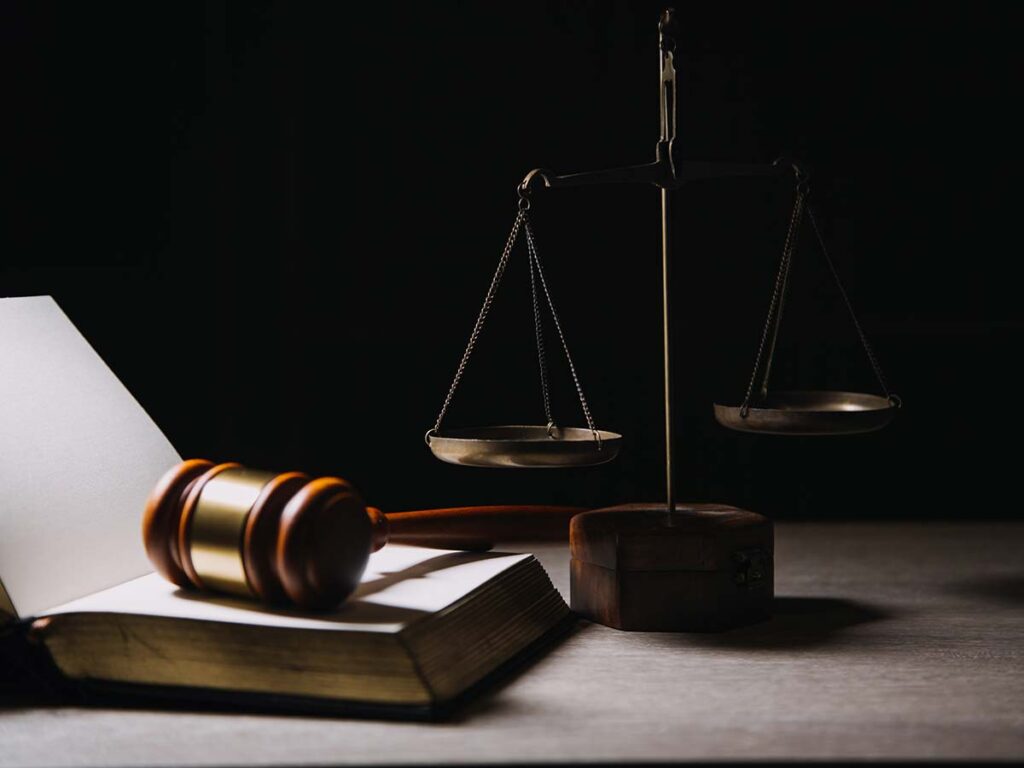How to Deal with Aggressive Insurance Adjusters After a Personal Injury in NYC
When you’re dealing with the aftermath of an accident, navigating the complexities of insurance claims can feel overwhelming—especially when faced with aggressive insurance adjusters. These professionals work for the insurance company, often focusing on minimizing payouts rather than ensuring you receive the fair compensation you deserve. If you’re in New York City, understanding how to handle these interactions and when to seek help from a personal injury lawyer is crucial to protect your rights and secure a fair settlement.
The Role of Insurance Adjusters in the Claim Process
Insurance adjusters are hired by insurance companies to evaluate and settle claims. Their primary goal is to assess the damages, verify the medical records, and determine how much the insurance company should pay. However, in most cases, they are incentivized to protect the company’s bottom line by minimizing your payout.
Why Insurance Adjusters Can Be Aggressive
- Minimizing payouts: Many insurance claims adjusters are trained to minimize the amount paid for an injury claim, often offering low settlement offers early in the process.
- Gathering evidence for denial: They may use recorded statements or incomplete police reports to justify reducing the payout or denying a claim.
- Exploiting stressful situations: Adjusters know accident victims are often under emotional and financial stress, making them more likely to accept a lower settlement check.
Steps to Deal with Aggressive Insurance Adjusters
1. Document Everything
Maintain accurate records of your accident, including the police report, medical bills, and any medical treatment you’ve received. Collect evidence like photos, witness statements, and correspondence with your insurance company. Proper documentation strengthens your personal injury case and helps ensure you receive the maximum compensation possible.
2. Be Cautious When Communicating
When speaking to an insurance adjuster, avoid making statements about fault or minimizing your injuries. They may use your words against you to deny or reduce your injury claims. If asked for a recorded statement, consult a lawyer first.
3. Know Your Rights Under New York’s No-Fault Insurance System
New York operates under a no-fault insurance system, meaning your own insurance company covers certain costs regardless of who caused the accident. This includes medical expenses and lost wages, but the system has limits. For serious injuries, pursuing a personal injury lawsuit may be necessary to recover damages from the at-fault party.
4. Consult a Personal Injury Lawyer
An experienced personal injury attorney can manage negotiations with insurance providers, ensuring you are treated fairly. They can help you pursue a fair settlement, taking into account all economic losses, future medical treatment, and other damages.

How a Lawyer Can Help
A lawyer specializing in personal injury cases can provide the guidance and support you need, including:
- Handling communication with insurance companies to prevent unfair tactics.
- Investigating your case thoroughly and gathering additional evidence.
- Ensuring you meet all legal deadlines, such as the statute of limitations for filing a claim.
- Accurately calculating the full extent of your losses, including medical bills, lost wages, property damage, and long-term care costs.
- Representing you in court if a fair settlement cannot be reached.
Common Tactics Insurance Companies Use
Most insurance companies are known to employ certain strategies to minimize payouts. Here’s how to recognize and counteract them:
- Low initial offers: Adjusters may offer a settlement that barely covers your medical bills and property damage. Always review offers with a lawyer before accepting.
- Disputing medical treatment: Insurers might argue that certain treatments or procedures were unnecessary to reduce your compensation.
- Requesting excessive documentation: While you should provide key evidence, be wary of demands that seem designed to delay or complicate the process.
- Claiming good faith: Adjusters often claim they’re working in your best interest, but their goal is to protect the insurance company’s bottom line.
The Benefits of Seeking Legal Representation
If you’ve been injured in an accident caused by someone else’s negligence, seeking legal representation can make a significant difference. A strong legal team can handle the negotiation process while you focus on recovery. With their help, you’ll feel confident that your case is being handled with care and expertise.
Protect Your Best Interests
Dealing with aggressive insurance adjusters is never easy, but with the right approach and legal guidance, you can navigate the claim process and secure the compensation you deserve.
Learn more about how to deal with aggressive insurance adjusters after a personal injury in NYC. Call Greenstein & Pittari, LLP at (800) 842-8462 to schedule your free, no-obligation consultation. You can also reach us anytime through our contact page. Let us help you take the first step toward justice and recovery.
FAQs
1. How can I protect myself when speaking with an insurance adjuster?
Document all interactions, avoid making statements about fault, and never agree to a recorded statement without consulting a lawyer.
2. Can I negotiate a settlement without a lawyer?
While you can negotiate directly, having an attorney ensures that your rights are protected and you receive a fair amount.
3. How does New York’s no-fault system affect my claim?
Under the no-fault system, your own insurance company covers certain damages. For severe injuries, you may need to file a lawsuit against the at-fault driver to recover additional compensation.
4. What if the insurance company denies my claim?
If your claim is denied, a personal injury attorney can help you challenge the decision and gather additional evidence to strengthen your case.
5. What damages can I claim after a car accident in New York?
You may be eligible for compensation for medical expenses, lost wages, property damage, physical therapy, and pain and suffering.
